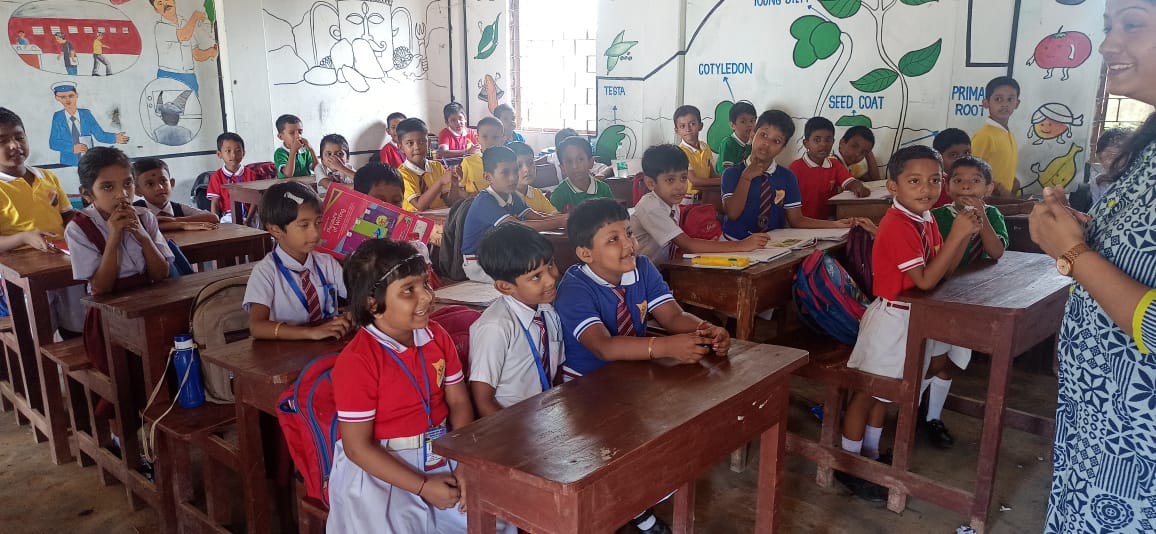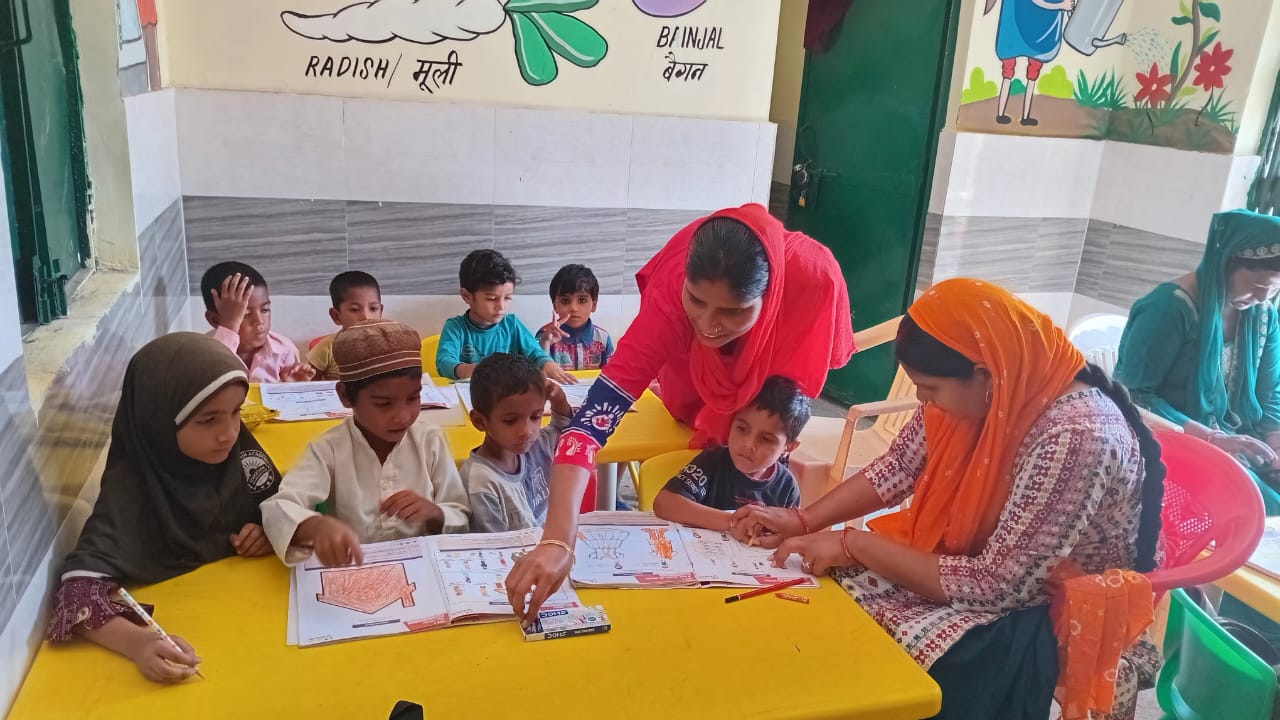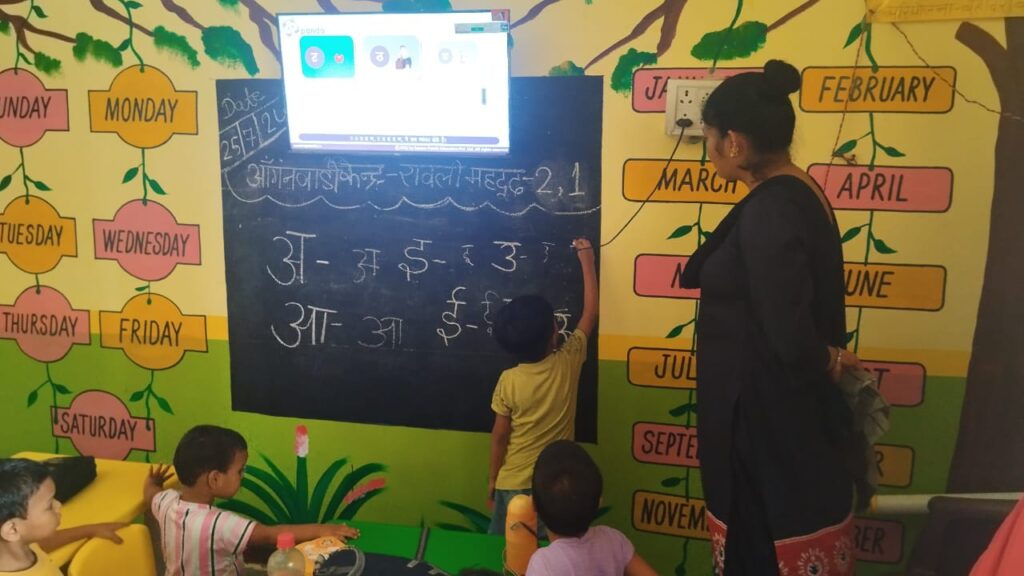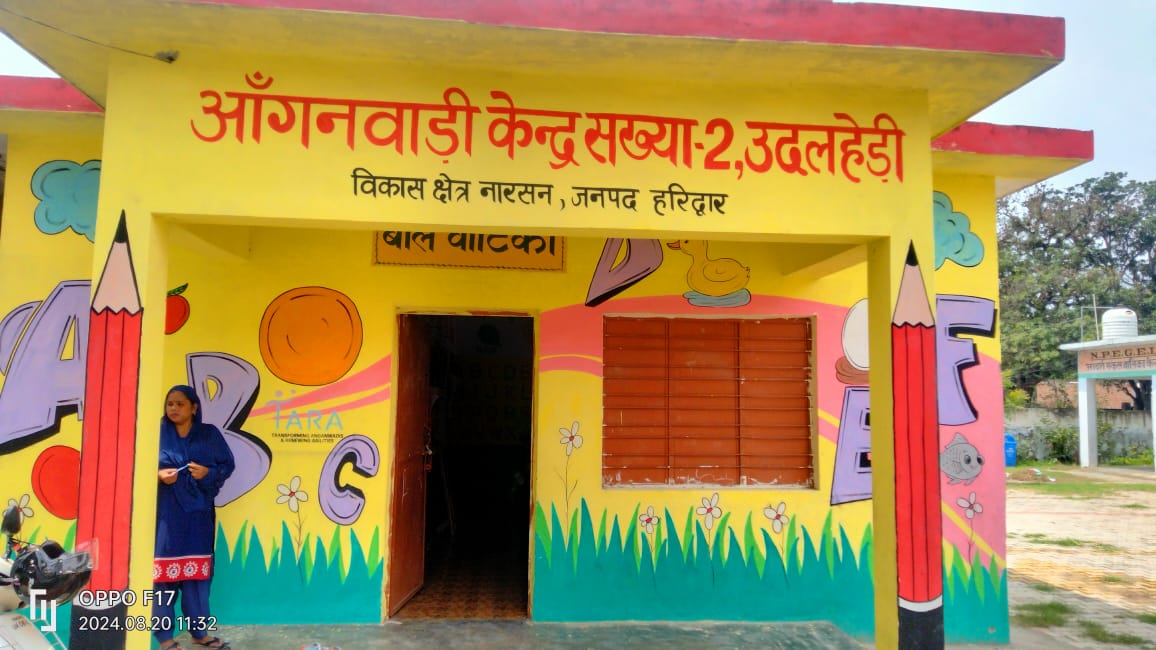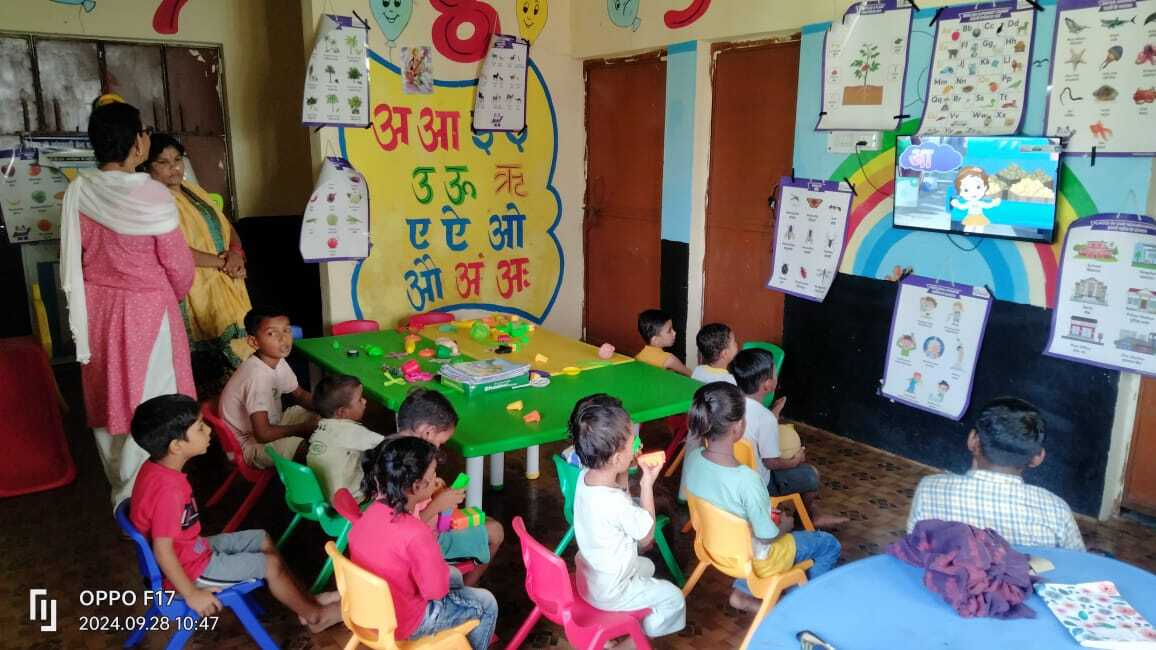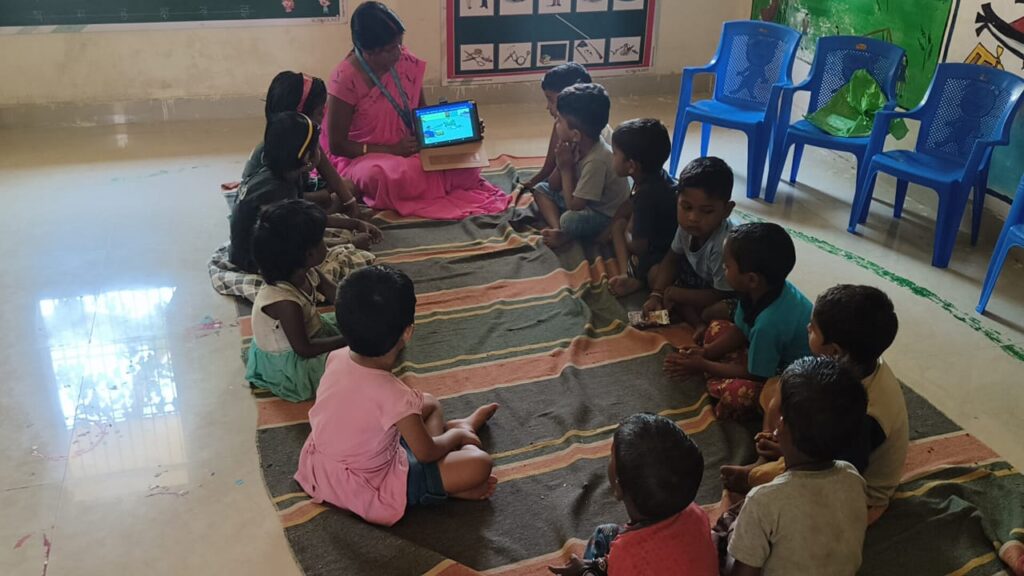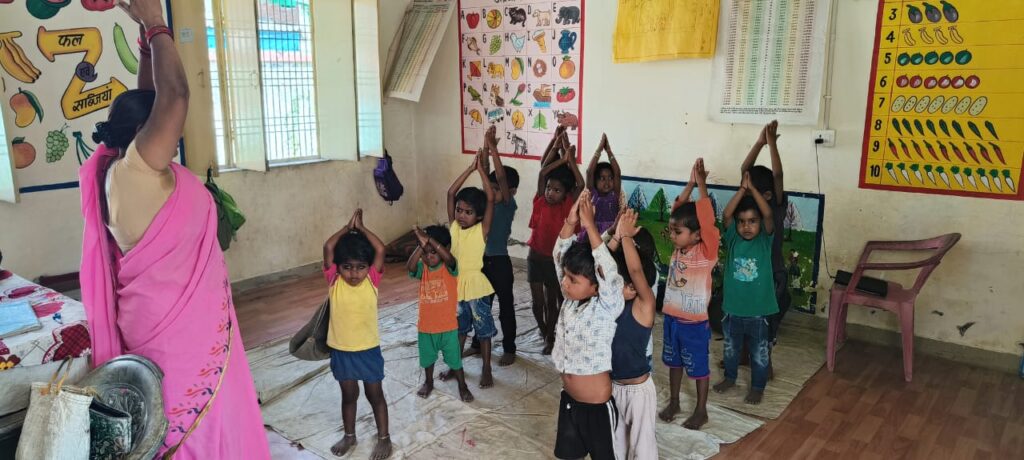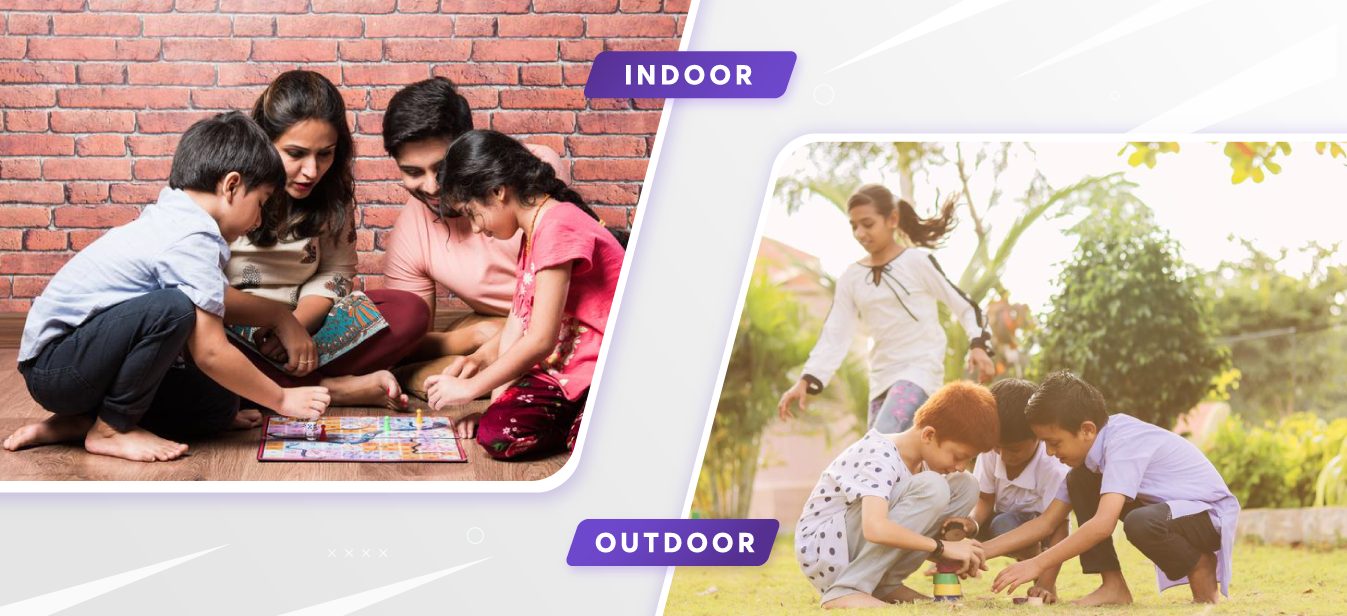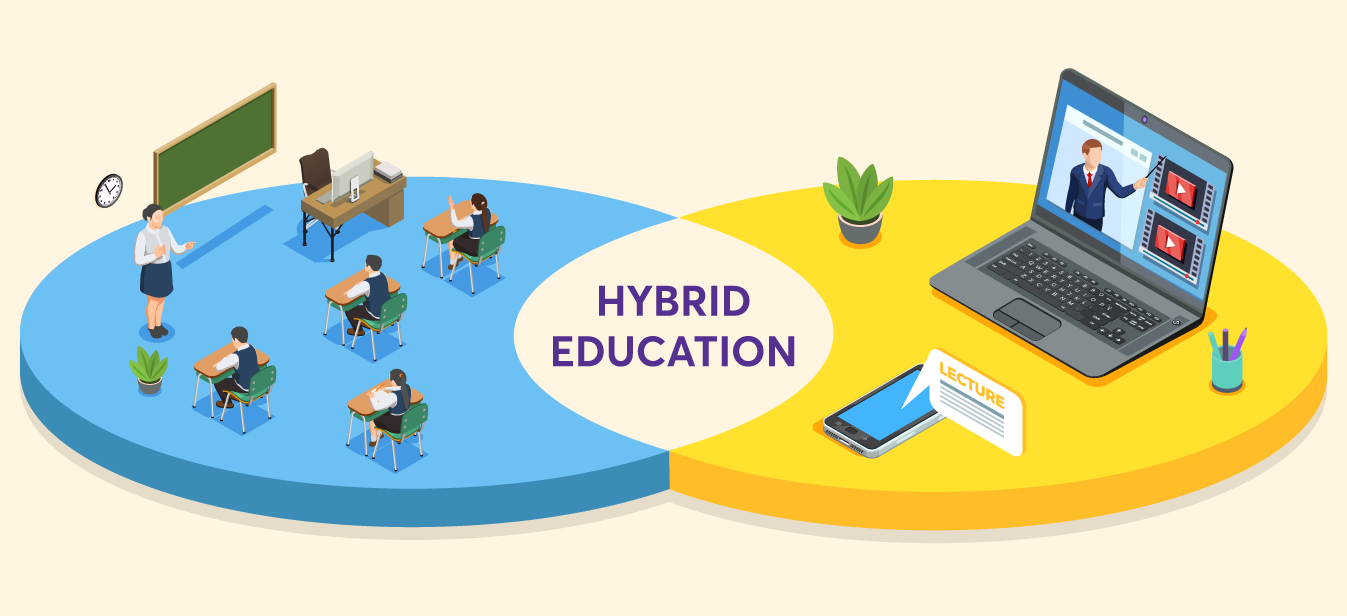In the evolving landscape of education, the bedrock of a child’s academic journey lies in foundational literacy and numeracy (FLN). These early skills not only determine future academic success but also shape a child’s ability to navigate the world. The Annual Status of Education Report (ASER) 2024 sheds light on the current state of FLN in India, highlighting both progress and areas needing attention.
📚 Why FLN Matters
Foundational literacy encompasses the ability to read and comprehend text, while numeracy involves understanding and applying basic mathematical concepts. These skills are crucial as they form the basis for more complex learning in subjects like science, social studies, and technology. Without a strong FLN foundation, students often struggle with higher-order thinking and problem-solving, leading to long-term academic challenges.
📊 Key Findings from ASER 2024
The ASER 2024 report provides a comprehensive overview of FLN levels across rural India, focusing on children aged 6 to 14 years. The findings indicate a positive trend in both literacy and numeracy, signaling a recovery from the setbacks caused by the COVID-19 pandemic.
Reading Skills
- Class 3: The percentage of students in government schools who can read a Class 2-level text increased from 16.3% in 2022 to 23.4% in 2024.
- Class 5: Students reading at least a Class 2-level text rose from 42.8% in 2022 to 48.8% in 2024.
- Class 8: Reading ability improved slightly from 66.2% in 2022 to 67.5% in 2024.
Arithmetic Skills
- Class 3: The ability to solve basic subtraction problems increased from 25.9% in 2022 to 33.7% in 2024.
- Class 5: The percentage of students who can perform division rose from 25.6% in 2022 to 30.7% in 2024.
- Class 8: Arithmetic proficiency showed a marginal increase from 44.1% in 2018 to 45.8% in 2024.
🏫 Government Schools Leading the Way
Notably, government schools have demonstrated significant strides in enhancing FLN. For instance, Uttar Pradesh saw a remarkable 15 percentage point increase in Class 3 reading levels, from 12.3% in 2018 to 27.9% in 2024. This improvement is attributed to targeted interventions under the National Education Policy (NEP) 2020, which emphasizes FLN as a national priority.
🌱 The Role of Early Childhood Education
ASER 2024 also highlights the importance of early childhood education in laying the groundwork for FLN. Enrollment in pre-primary institutions for children aged 3 to 5 years has steadily increased, reaching 77.4% in 2024. Early exposure to structured learning environments fosters cognitive development and prepares children for formal schooling.
⚠️ Areas Requiring Attention
Despite the progress, challenges remain. A significant proportion of students still struggle with basic FLN skills. For example, 76% of Class 3 students, 55.2% of Class 5 students, and 32.5% of Class 8 students cannot read a Class 2-level text. These gaps underscore the need for sustained efforts and resources to ensure that every child acquires essential literacy and numeracy skills.
🔍 Looking Ahead
To enhance Foundational Literacy and Numeracy, a multi-pronged, inclusive, and sustained approach is necessary. Here are key strategies that can be adopted at various levels — from policy to classroom — to improve FLN outcomes:
1. Early Childhood Education (ECE) Investment
- Strengthen Anganwadi centers and pre-schools by integrating play-based and language-rich activities.
- Train ECE teachers in age-appropriate pedagogies that promote early language and math skills.
- Encourage parental involvement at the early stages to build a literacy-rich home environment.
2. Teacher Training and Support
- Continuous Professional Development (CPD) for teachers on FLN-focused pedagogy, classroom management, and inclusive education practices.
- Use of formative assessments to tailor teaching based on student needs.
- Create peer-learning communities for teachers to share best practices and resources.
3. Use of Technology and Learning Aids
- Deploy low-cost edtech tools (such as DIKSHA, ePathshala) that support foundational learning, especially in local languages.
- Provide interactive and engaging learning materials — storybooks, manipulatives, number games, flashcards.
- Monitor learning progress through digital dashboards to inform policy and interventions.
4. Parental and Community Involvement
- Conduct literacy and numeracy awareness campaigns for parents to understand their role.
- Organize community reading sessions or math clubs to engage children beyond school hours.
- Encourage local volunteers and youth to support remedial learning efforts in villages and urban slums.
5. Data-Driven Governance and Monitoring
- Regular learning assessments at the school and district level such as ASER or NAS to monitor progress.
- Use of data analytics to identify learning gaps and allocate resources efficiently.
Set measurable FLN goals at the school, block, and state levels with accountability mechanisms.


